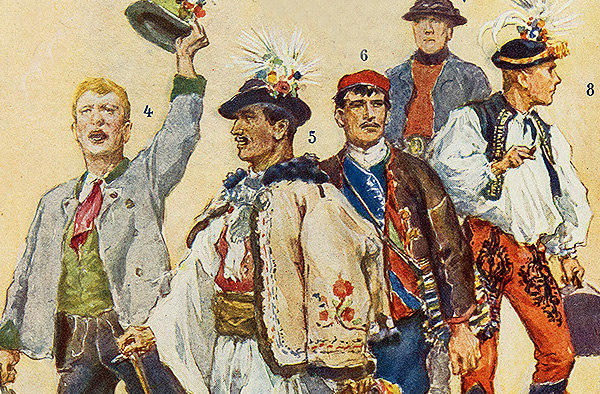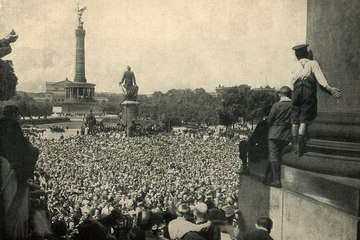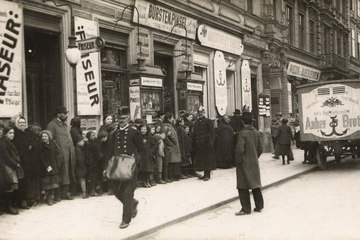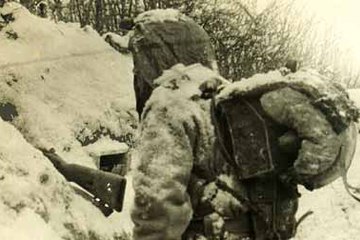War Euphoria – War Fatigue
From today’s perspective and knowing the destruction potential and violence unleashed by this war, the frenetic shouts of exultation in summer 1914 of soldiers going off to war is spine-chilling. At the outbreak of the war, widespread sections of the population were gripped by sheer euphoria, a war craze. Historical research has however revealed that the theory of an all-inclusive enthusiasm for the war that encompassed all classes of society is a myth. The pathos of a new awakening was sensed most of all in the urban, middle-class and intellectual milieu, less in the rural and working classes. It was pre-eminently the intellectual élites, artists, writers, philosophers, etc., who projected almost metaphysically galvanised hopes into the war and promised themselves it would bring the cultural revival – as Robert Musil put it – the "revolution of the soul against the system".
The initial patriotic rapture was soon overshadowed by the horrors of the Great War. The destructive forces unleashed in a mechanised war, the countless wounds and mutilations, the mental stress from days in the trenches led to the soldiers’ exhaustion and disillusionment. Because of the catastrophic supply situation, by 1916 at the latest the home front was also gripped by disillusionment and war fatigue, which erupted in hunger riots, mass strikes and revolts.
Translation: Abigail Prohaska






